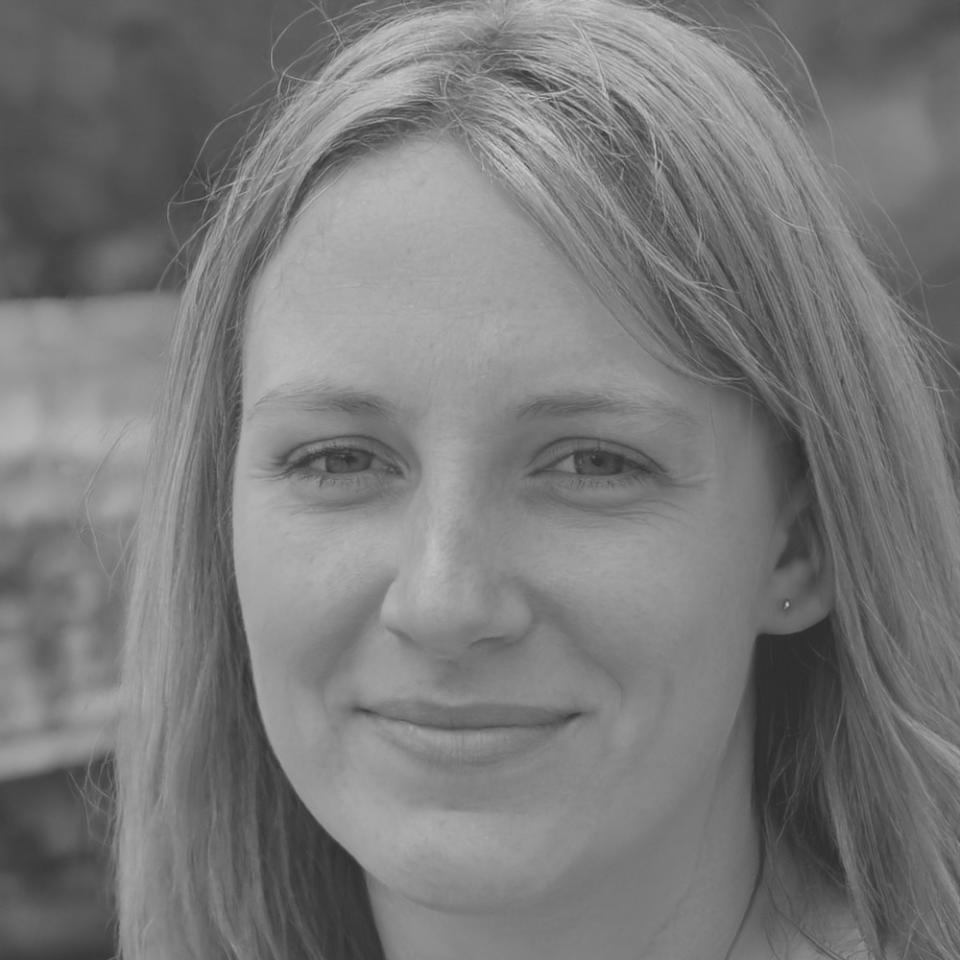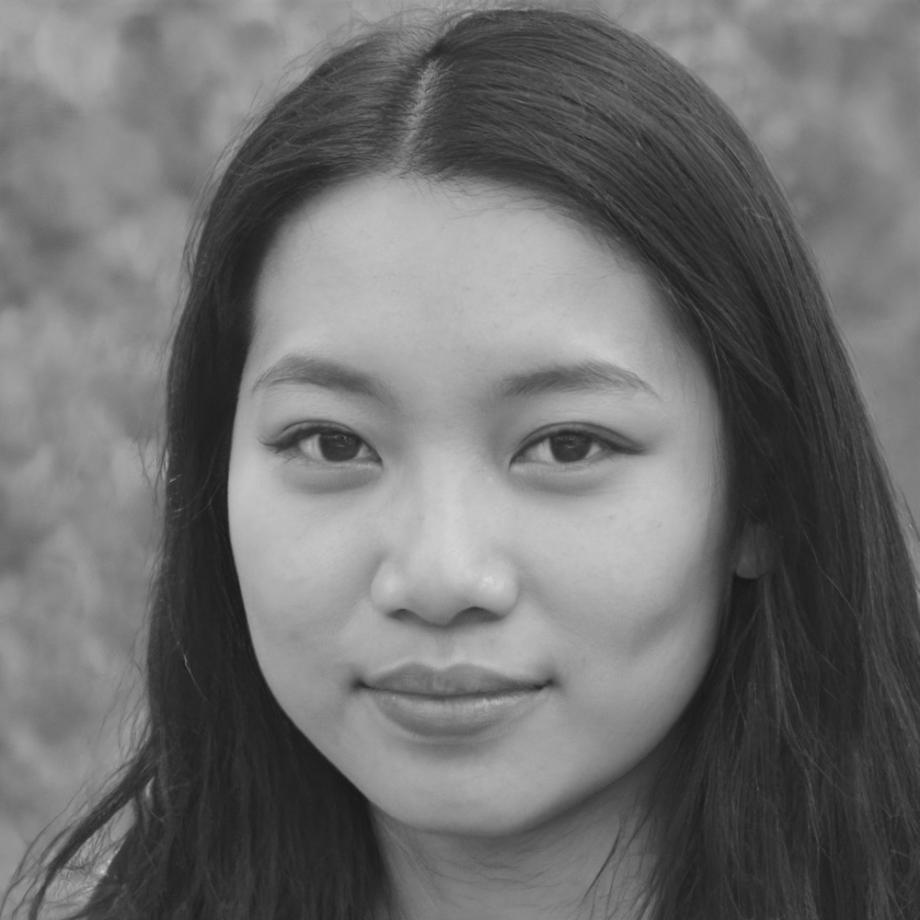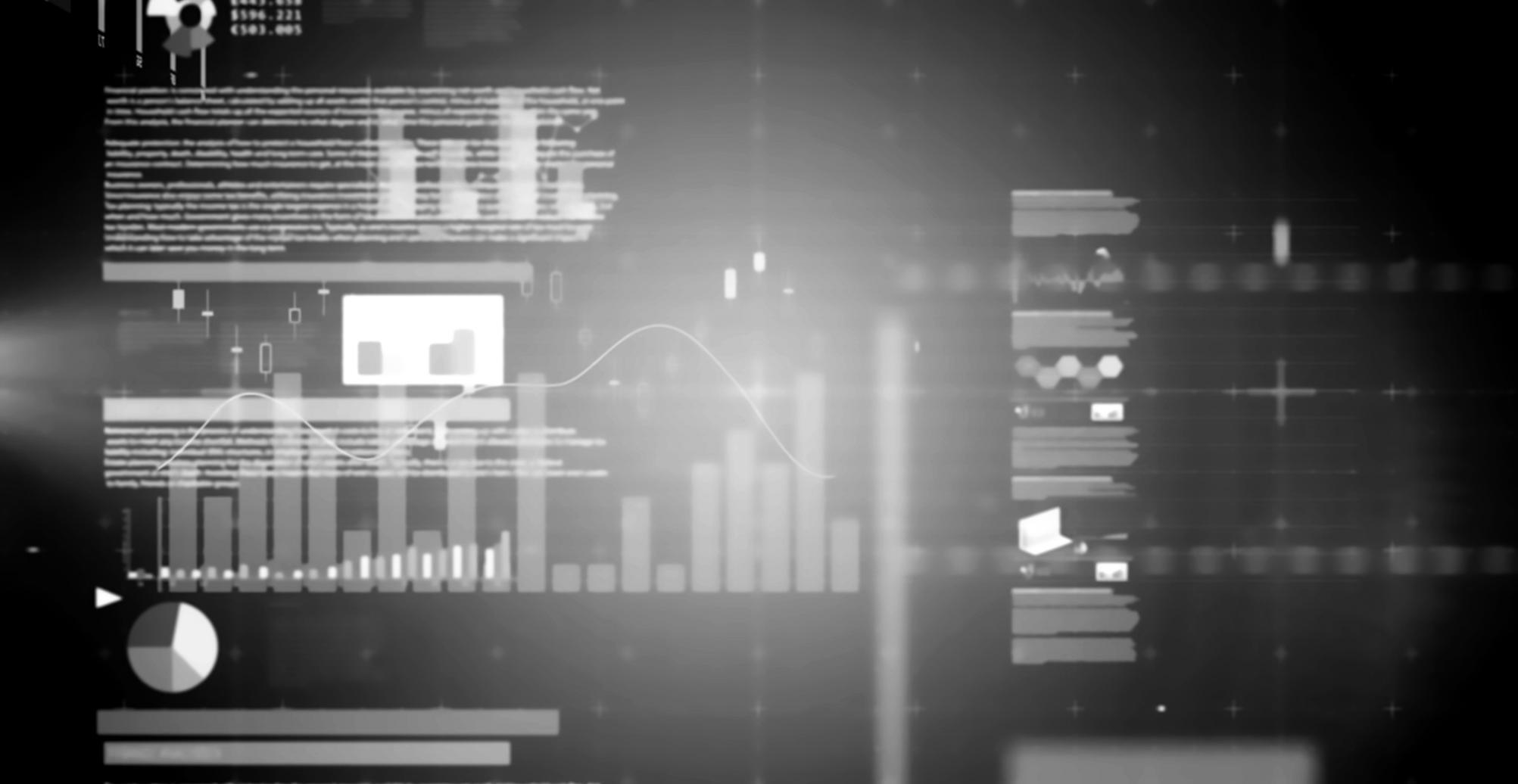Neural Network Programming Classes Starting August 2025
We're opening enrollment for our advanced neural network development program. These aren't quick intro sessions—we're talking about six-month intensive tracks where you'll build actual working models. The autumn cohort kicks off in August, and we've structured everything around hands-on project work rather than passive lectures.
Fundamentals Track
Starts August 18, 2025. Covers backpropagation, gradient descent, and basic architectures. You'll implement everything from scratch before touching frameworks.
Computer Vision Specialization
Begins September 2, 2025. Focus on CNNs, object detection, and image segmentation. We work with real datasets from Taiwan's manufacturing sector.
NLP & Transformers
Opens October 7, 2025. Deep dive into attention mechanisms, BERT variants, and language model fine-tuning for multilingual applications.
What Happens Throughout the Program
Each course follows a similar rhythm, but the timeline below shows you what a typical journey looks like. We don't rush through theory just to get to flashy demos—the early weeks involve a lot of math and coding fundamentals.
Foundation Building
You'll write neural networks without libraries. Linear algebra refreshers, calculus for gradients, and numpy implementations. It's tedious but essential—you need to understand what PyTorch automates later.
Framework Integration
Transition to PyTorch and TensorFlow. Start building deeper architectures, experiment with different optimizers, and handle real data preprocessing challenges. This is where things get interesting.
Specialization Projects
Work on domain-specific problems based on your track. Computer vision students might tackle defect detection, while NLP folks build sentiment analysis for Mandarin text. These projects go in your portfolio.
Advanced Topics & Deployment
Model optimization, quantization, serving architectures. We cover Docker containerization and basic cloud deployment. You'll also learn debugging techniques for when models behave strangely in production.
Capstone Development
Build something substantial from scratch. Past students have created medical image classifiers, chatbot systems, and recommendation engines. You present your work to the group at the end.
Who's Teaching These Classes
Our instructors come from research backgrounds and industry positions. They've published papers, shipped models to production, and dealt with all the frustrating edge cases you'll encounter. More importantly, they know how to explain complex topics without drowning you in jargon.

Saoirse Thornfield
Lead Instructor, Computer Vision Track
Saoirse spent five years at a robotics startup building perception systems for autonomous vehicles. She's particularly good at explaining convolutional architectures and knows every common pitfall in training vision models. Her classes tend to be practical—expect lots of Jupyter notebooks and debugging sessions.

Thessaly Vikander
Senior Instructor, NLP & Transformers
Thessaly completed her PhD in computational linguistics and worked on multilingual models for a major tech company. She's obsessed with attention mechanisms and can break down transformer architecture in ways that actually make sense. Students appreciate that she shares real research papers and discusses current developments in the field.


Applications Open Until July 2025
We review applications on a rolling basis but spots fill up by early summer. The application includes a short coding assessment—nothing scary, just want to make sure you're comfortable with Python basics. If you're on the fence, reach out and we can chat about which track makes sense for your background.
Get Application Details